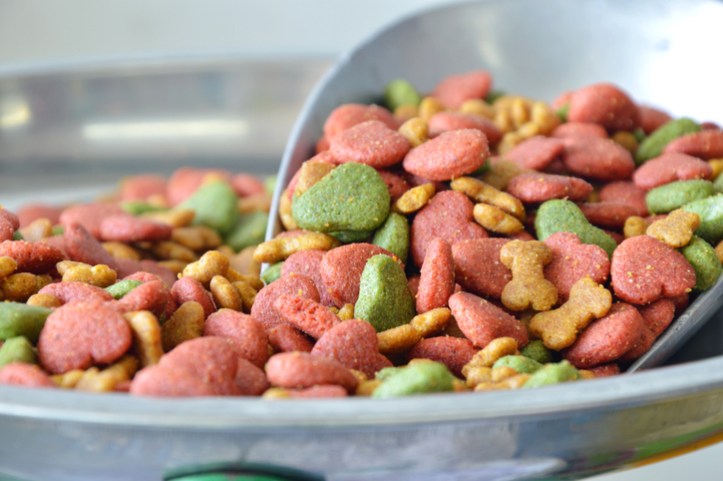The Food Safety Modernization Act of 2011 (FSMA) encourages feed testing laboratories to become accredited to ISO/IEC 17025.
Accreditation to ISO/IEC 17025 demonstrates the technical competence of the feed testing lab, with a greater awareness for quality and higher confidence in the laboratory’s test results.
The Association of American Feed Control Officials (AAFCO) established the Quality Assurance/Quality Control Guidelines to assist feed laboratories in the accreditation process.
The first version of the AAFCO QA/QC guidelines was issued in 1998, with an update in 2007. The current version was released in 2014. The guidelines consist of three volumes:
- Volume I documents requirements in the areas of purchasing, method selection and verification, sampling, and proficiency testing. These requirements are in addition to the requirements found in ISO/IEC 17025.
- Volume II provides feed laboratories with guidance on compliance with ISO/IEC 17025. The guidance provides one or more ways laboratories can meet ISO/IEC 17025 requirements.
- Volume III contains sample documents and forms that feed testing laboratories can use in their own management system.
Volumes II and III provide feed laboratories detailed information on ways to meet the requirements of ISO/IEC 17025. Feed laboratories can use the guidelines to design, implement, and improve their own management systems. Feed laboratories do not have to follow the guidelines in Volume II or III, but implementing the guidance would ensure that the laboratories could demonstrate compliance to ISO/IEC 17025.
With the new version of ISO/IEC 17025, released in November 2017, the AAFCO guidance in Volume II is no longer aligned with the clauses of ISO/IEC 17025. However, the general concepts are the same. Feed laboratories seeking ISO/IEC 17025:2017 accreditation would still benefit from implementing the guidance provided by AAFCO.
